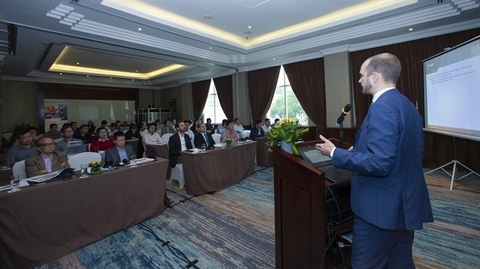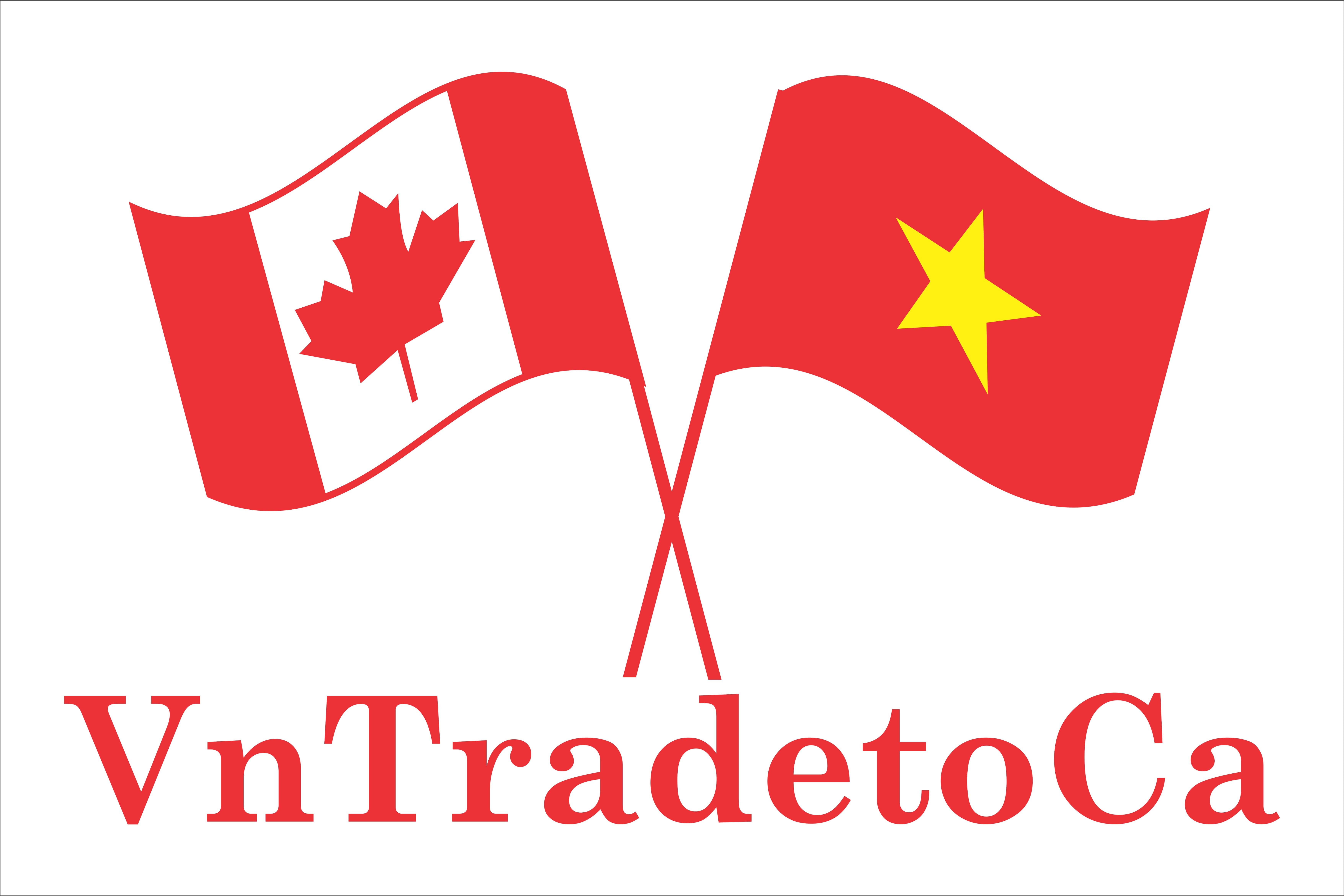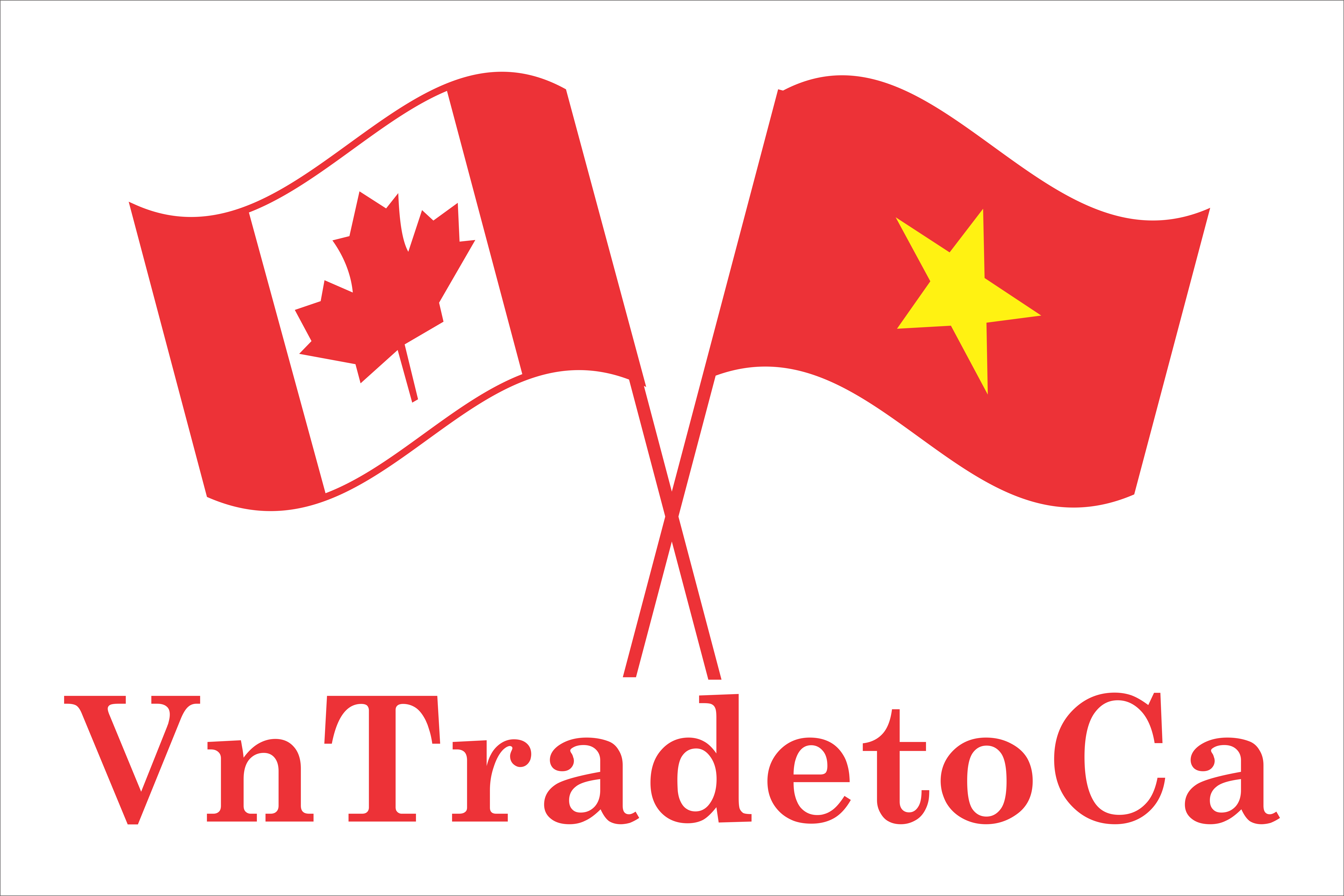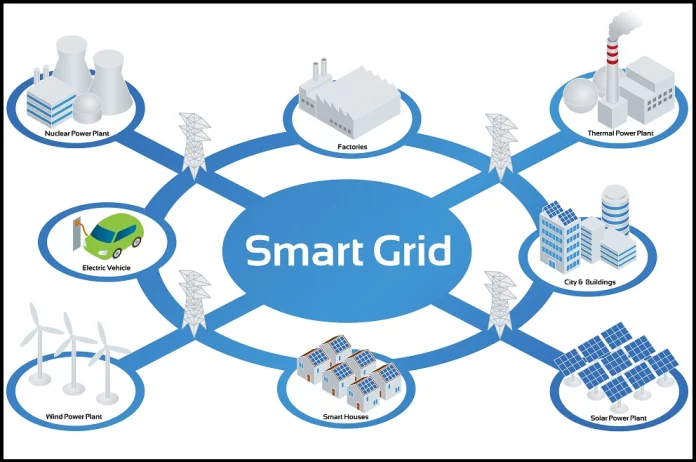Local electricity officials, related firms and international experts discussed a suitable legal framework to develop a smart grid and electricity system in Viet Nam in Ha Noi on November 21.
 |
| Consutant Friedl Werner talks about gaps in regulations on integration of renewable energy sources in Viet Nam. — Photo courtesy of GIZ |
The workshop, held by the Electricity Regulatory Authority of Viet Nam (ERAV), Ministry of Industry and Trade, in collaboration with the Deutsche Gesellschaft für Internationale Zusammenarbeit (GIZ) GmbH aimed to collect ideas on the development of intelligent power grids in Viet Nam.
GIZ’s Project Director Tobias Cossen said: “Viet Nam’s electricity system is facing technical and financial challenges, as we have seen the country’s rapid development of renewable energy sources in the past year and its ambitious plan until 2030, especially the power sources using wind and solar energy which rely on weather conditions.”
Therefore, he said: “It is necessary to timely develop appropriate legal provisions to enable the high-rate integration of power sources using renewable energy, without affecting the reliability of electricity supply and the quality of the electricity system, as well as to minimise the effect on the average electricity price of the whole system.”
After studying the local market, the international consultants told the workshop there were gaps in regulations on integration of renewable energy sources in Viet Nam.
They pointed out that Viet Nam has a clear policy to promote renewable energy development with specific goals and strategies. The Government has issued a clear mechanism to encourage renewable energy development through an attractive feed-in tariff (FiT) pricing mechanism with long-term Power Purchase Agreements (PPAs) and subsidies on related taxes to facilitate the mobilisation of funds for renewable energy projects.
However, they also said the policy on electricity users has not yet been given due attention. The current PPAs are currently limited to signing with only one buyer of the Vietnam Electricity. Other contracts that allow power plants to sell their renewable-based generated electricity directly to large power consumers are only at the pilot implementation stage. They also said the existing FiT pricing mechanism in Viet Nam did not reflect the market price.
Thus, they recommended Viet Nam create attractive financial mechanisms to attract renewable energy power plants to participate in the energy balance and ancillary service market; specific regulations and mechanisms to control grid congestion, limiting curtailment of renewable energy sources in line with the trend of integrating high proportion of renewable energy; as well as regulations and mechanisms to encourage the installation of an energy storage system and to allow the participation of auxiliary service providers to increase the flexibility and reliability of the electricity system.
Representatives of the workshop also suggested financial mechanisms to implement the Demand Response Programme (DR) and attractive financial regulations and mechanisms to enable the realisation of the virtual power plant (VPP) model.
ERAV Deputy Director Tran Tue Quang told the workshop that ERAV expected to receive ideas, comments and suggestions from technical experts as well as consultants, to evaluate and propose a suitable legal framework for the actual development of Viet Nam’s smart grid and electricity system.
Source: Vietnam net (Nov., 25, 2019)







